|
Written by Clare Caro Learning Social Literacy
Anatomy of Behaviour There are two important areas of the brain that affect behaviour; they are the amygdala and pre-frontal cortex. Amygdala The amygdala is responsible for emotions, moods and is our "emotional alarm system". Our 'alarm system' can get activated not only when there is something dangerous or harmful, but also when we perceive or feel something as being dangerous or harmful. It is the feeling of unsafety that can send us into survival mode, our amygdala becomes active, and changes happen in our body and in our behaviour. In the body; our breathing quickens, digestion slows or stops, our heart rate increases, eyes dilate and stress hormones increase so that we are physically ready to fight, take flight or freeze. In behaviour; we can become defensive, attacking and forceful, which can be dangerous and harmful to others (fight), we run or cling to safety (flight), or simply be nonresponsive and shut down (freeze).
Developing a stable amygdala and pre-frontal cortex connections are important when learning and developing social literacy. Safe Language Safe language is a way of communicating with another person whose "emotional alarm system" has gone off, or someone who is in the habit of communicating with amygdala-led behaviour. This language speaks in a way that invites cooperation, partnership, and maintains a safe environment. When humans feel safe, there is no need to be on alert, no need to protect ourselves with fighting, fleeing or nonresponsive behaviour. How to Safely Respond Gentle feedback is how we respond, rather than our own 'emotional alarm system' going off. With the emotional alarm system turned off, it is possible to hear new information, ideas and different points of view, empathise, work towards a shared view for a team "win-win" outcome, self-regulate and more. How to Raise a Problem Safe language helps us raise problems face-to-face, in a way that is easy for the person we are talking to to hear us - and that is easy for us to communicate our needs, opinions and agreed boundaries. We can develop that ability to hear the needs of others and use descriptive language, along with learning how to own a problem and seek solutions that work for everyone involved.
If a child can do advanced math, speak three languages, or receive top grades, but can't manage their emotions, practice conflict resolution, or handle stress, none of that other stuff is really going to matter."
Comments are closed.
|
Archives
May 2024
Categories |
© COPYRIGHT 2024. ALL RIGHTS RESERVED.

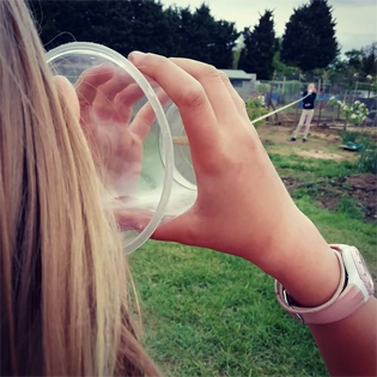
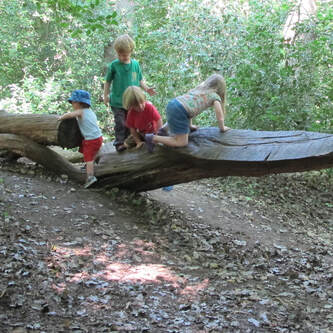
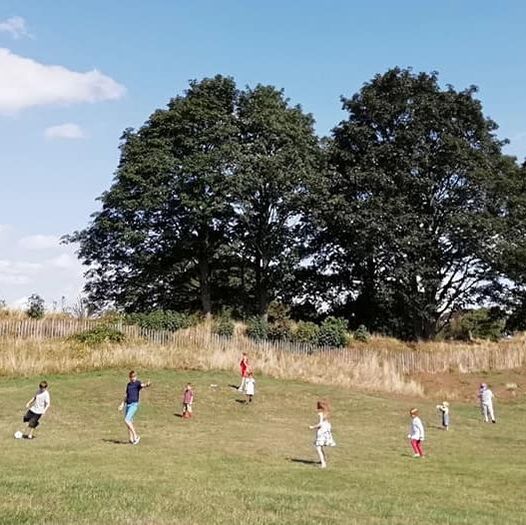
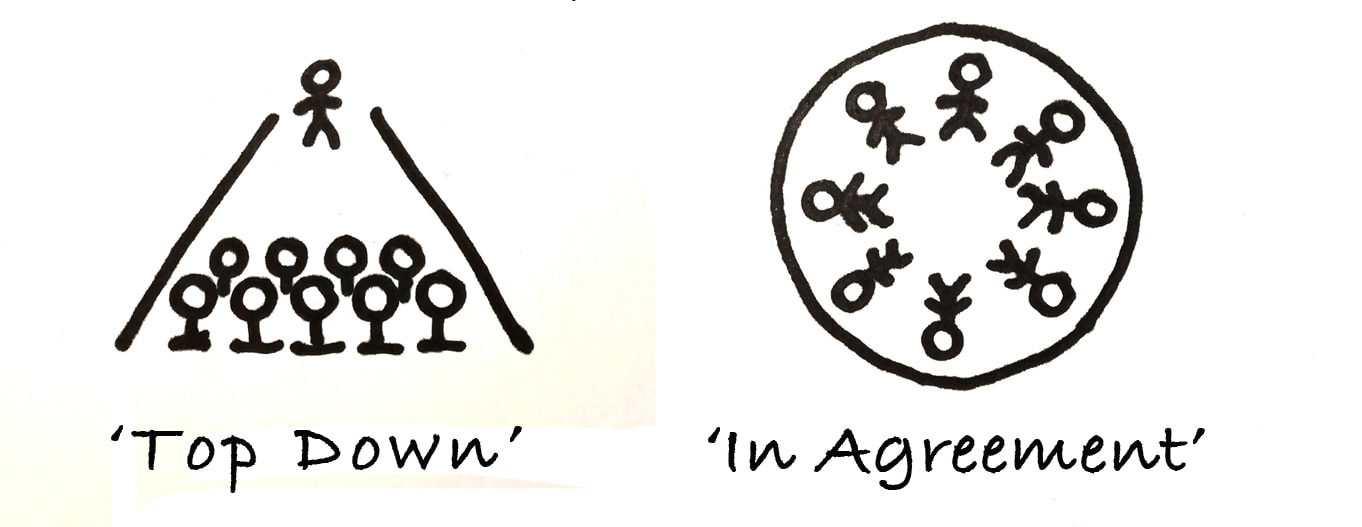
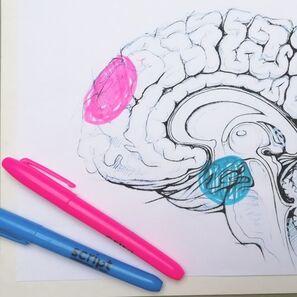
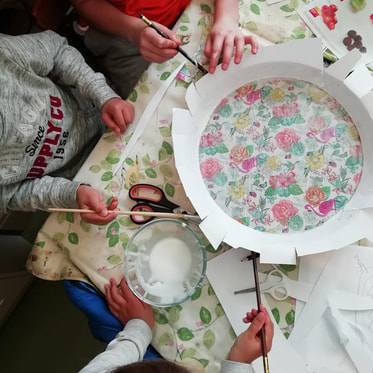
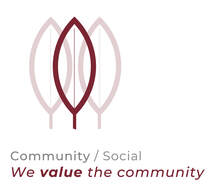
 RSS Feed
RSS Feed
